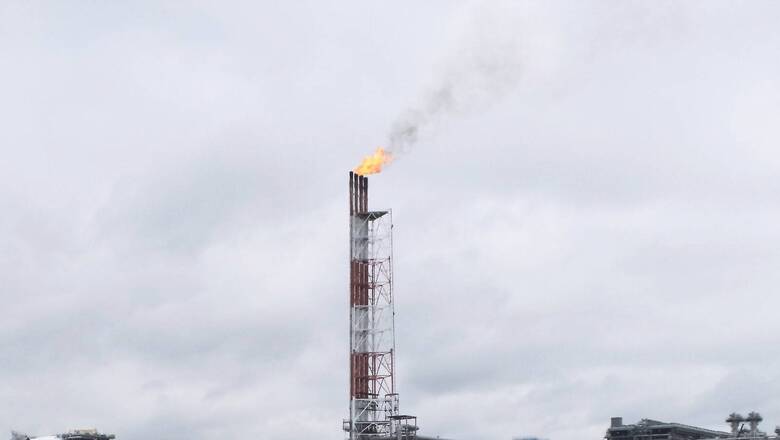
views
The press release by the G7 member states on Sunday said that Europe will gradually wean itself off of Russian energy in order to punish it for invading Ukraine.
The statement was released after much fanfare as Canadian prime minister Justin Trudeau met Ukrainian president Volodymyr Zelensky and met the other leaders on video call.
It is evident that the US is pressuring its European allies to stop its dependence on Russian imports.
The US also is taking a moral high-ground by accusing those dependent on Russian energy of funding Russian president Vladimir Putin’s war machine. A similar accusation which was indirectly levelled at India by western media and think tanks.
What is surprising is that none of that criticism was ever levelled at Japan. Japan prime minister Fumio Kishida interpreted the G7 press release word-to-word to protect Tokyo’s energy interests.
“We commit to phase out our dependency on Russian energy, including by phasing out or banning the import of Russian oil. We will ensure that we do so in a timely and orderly fashion,” the statement said.
Soon after, the Japanese news agency Nikkei Asia reported that Japanese prime minister Kishida has said that the nation will maintain its stakes in the Sakhalin-1 and Sakhalin-2 energy projects in Russia. Japan imports oil and natural gas from these two energy projects.
Earlier in April, Japan trade minister Koichi Hagiuda citing energy security said that Japan will not withdraw from the oil and liquefied natural gas development projects in Russia.
Moreover, Japanese government agencies are involved in the funding of Sakhalin-1 while respectable Japanese private companies are involved in the funding of Sakhalin-2.
While Sakhalin-1 has received funding from the Japanese ministry of economy, trade and industry, Itochu, Japan Petroleum Exploration Company, Marubeni and Inpex, the Sakhalin-2 has Mitsui and Mitsubishi among its investors.
This development also comes amid Japan challenging Russia’s territorial claims over the islands in the Northern Territories which Russia calls Kuril Islands.
Japan is keen to set aside territorial squabbles to secure its energy scenario and the US and rest of the G7 understands that but questions arise as to why India should be lectured when it only imports a fraction of what EU and Japan – for whom Russia is the country’s fifth-biggest source of liquid natural gas – imports from Russia.
Read all the Latest News here










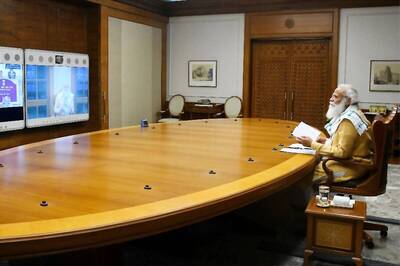
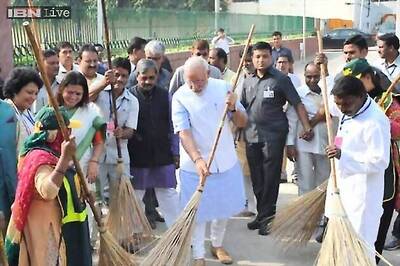

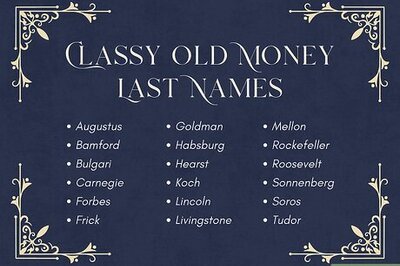
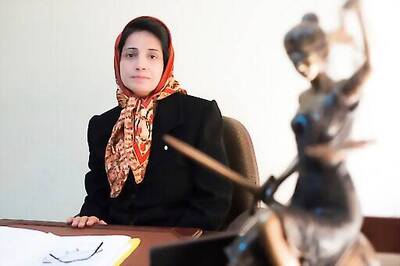




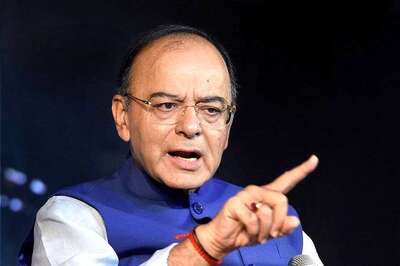
Comments
0 comment